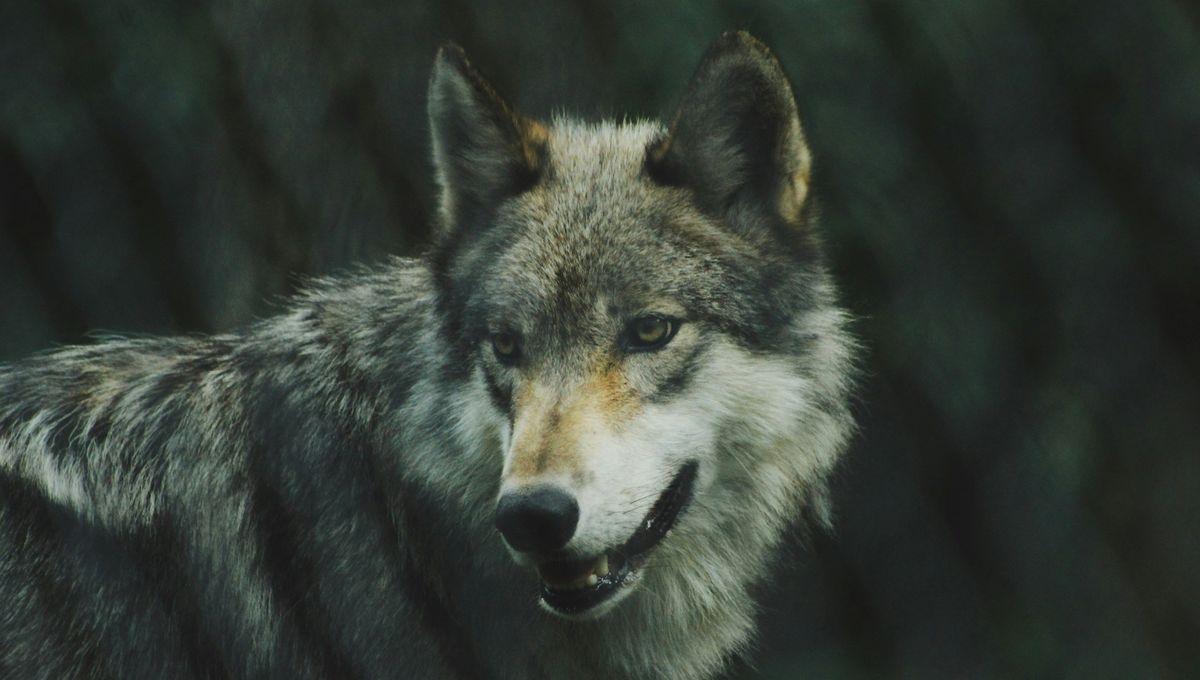-
Feed de Notícias
- EXPLORAR
-
Páginas
-
Blogs
-
Fóruns
Wolf-Dog Hybrid Found In Greece For First Time, Marking A New Twist In Wolves' Return To Europe

Wolfdog Hybrid Found In Greece For First Time, Marking A New Twist In Wolves' Return To Europe
For the first time, a wolfdog hybrid has been confirmed in Greece, marking a new twist in the species’ controversial comeback to European landscapes.
The rest of this article is behind a paywall. Please sign in or subscribe to access the full content. The hybrid was documented near Thessaloniki by Callisto, an environmental and conservation organization, while analyzing 50 wolf samples from the Greek mainland, AFP reports. One individual reportedly registered as 45 percent wolf and 55 percent dog, a clear sign that it was produced by the two canines interbreeding. Gray wolves (Canis lupus) and domestic dogs (Canis familiaris or Canis lupus familiaris) are very closely related. It might not be obvious when looking at a pug or a chihuahua, but compare a wolf to a husky and their shared genetic heritage becomes clear. Estimates vary, but studies have indicated that household canines and wild wolves share 99.96 percent of their DNA. Their evolutionary paths diverged from a common wolf ancestor, with the split occurring between 14,000 and 40,000 years ago. There’s some debate about whether they are truly a separate species or merely a subspecies of each other, although it is clear they can successfully interbreed to create fertile offspring. In fact, it’s possible for most canids – including wolves, domestic dogs, dingoes, coyotes, and jackals – to intermingle and create hybrids. You might have been taught in high school that two different species cannot interbreed and create fertile offspring, but that's not always the case. Some closely related species, like horses and donkeys, can interbreed to create hybrids, called mules. In the instance of mules, they are typically infertile because horses have 64 chromosomes and donkeys have 62, resulting in some incompatibility. On the other hand, dogs and the many wolf-like canids possess 78 chromosomes arranged in 39 pairs, allowing them to successfully interbreed with fewer hitches. Dog-wolf hybrids are not new to science – far from it. A 2018 study found "small blocks of dog ancestry" in the genomes of 62 percent of wolves sampled in Eurasia, suggesting that interbreeding had occurred frequently throughout their long, intertwining histories. It’s estimated that over 300,000 hybridized wolfdogs live in the US. As explained by the UC Davis School of Veterinary Medicine, hybridization typically occurs when a female dog strays away from home while “in heat” and breeds with a wild male wolf. The appearance of dog-wolves in Greece may reflect the country’s growing wolf population. A recent Callisto survey reportedly estimated roughly 2,075 wolves in Greece, an increase from previous decades, with their range steadily expanding. However, the resurgence of wolves has sparked concern among locals, with a rise in reported wolf attacks in some regions. In a shocking recent incident, a five-year-old girl was grabbed by a wolf while playing on a beach in the Halkidiki peninsula. After being temporarily scared off, the wolf then returned and followed the child and her mother back to their apartment. Dog-wolf hybrids are still uncommon, but their renewed presence in Greece underscores the evolving dynamics between humans, domestic animals, and the modern world.


